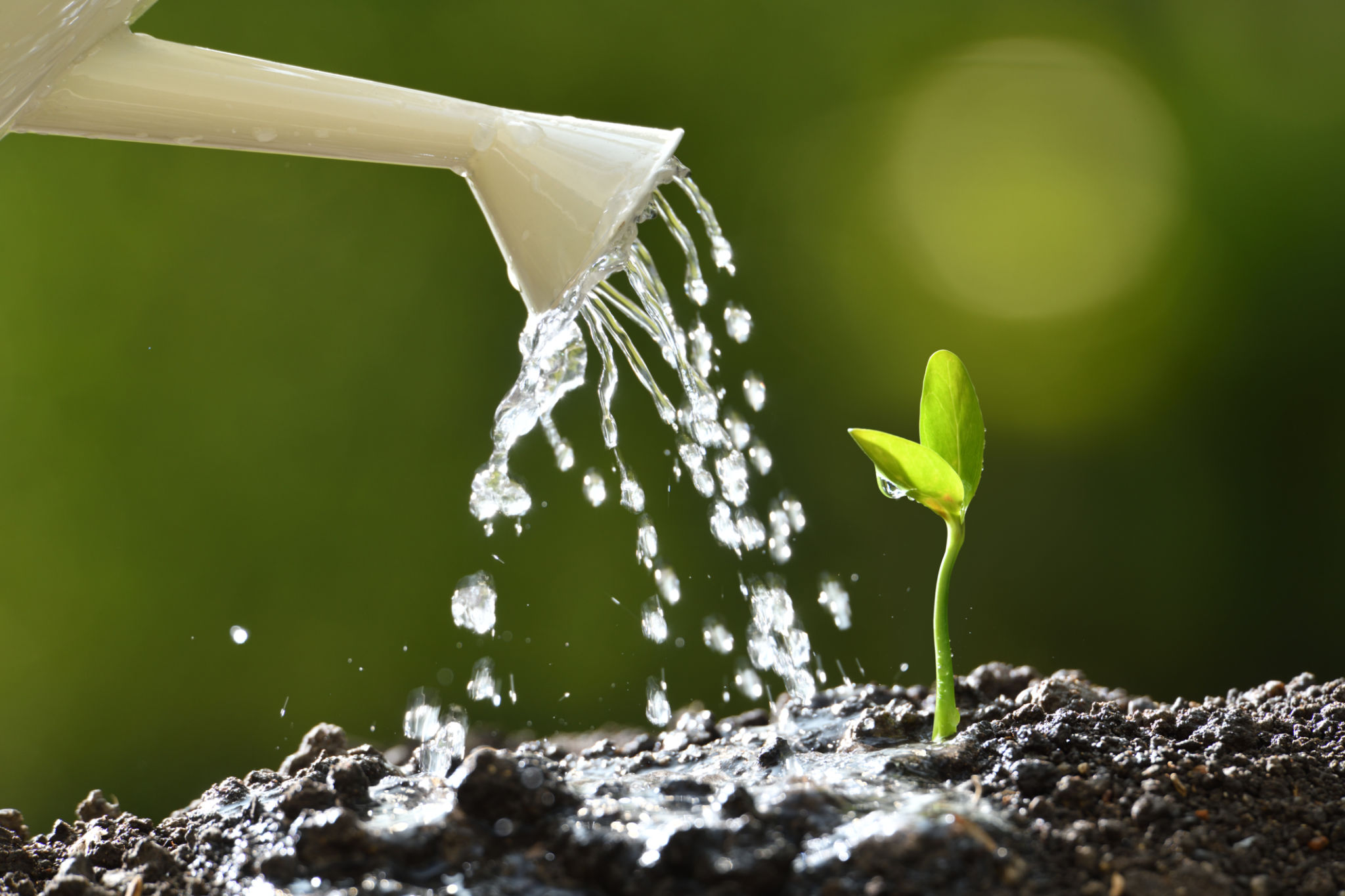Expert Advice on Maintaining a Beautiful Landscape in Akron's Climate
JR
Understanding Akron's Climate
Akron, Ohio, experiences a humid continental climate with four distinct seasons, each presenting unique challenges and opportunities for maintaining a beautiful landscape. The warm, humid summers and cold, snowy winters can make plant selection and care a bit tricky. However, with the right knowledge and strategies, you can ensure your landscape not only survives but thrives throughout the year.

Choosing the Right Plants
One of the most crucial steps in maintaining a stunning landscape in Akron is selecting the right plants. Native plants are always a solid choice as they are naturally adapted to the local climate and require less maintenance. Some excellent options include Eastern Redbud, Black-eyed Susan, and Ohio Spiderwort. These species are not only hardy but also add vibrant colors to your garden.
Consider Seasonal Changes
As Akron experiences significant seasonal variations, it is essential to plan for color and texture changes throughout the year. Incorporating a mix of perennials, annuals, and evergreens can ensure that your landscape remains visually appealing in every season. For instance, evergreens provide structure and color in winter, while spring bulbs like tulips and daffodils offer a burst of color as the snow melts.

Soil Preparation and Maintenance
Proper soil preparation is fundamental to any successful landscaping project. Akron's soil can be clay-heavy, which means it drains poorly and compacts easily. To improve soil quality, consider adding organic matter such as compost or well-rotted manure. This addition enhances drainage and provides essential nutrients to your plants.
Regular Soil Testing
Conducting regular soil tests helps you understand the nutrient levels and pH balance of your soil. Based on the results, you can amend the soil with specific fertilizers or lime to create an optimal growing environment for your plants. This proactive approach can significantly boost plant health and growth.

Watering Techniques
Watering is another critical aspect of landscape maintenance in Akron. Given the area's variable weather patterns, it's important to adjust your watering schedule according to current conditions. Installing a drip irrigation system can conserve water while ensuring your plants receive consistent moisture.
Water Conservation Tips
To conserve water, consider using mulch around your plants. Mulch helps retain moisture in the soil, suppresses weeds, and adds organic matter as it breaks down. Additionally, watering early in the morning or late in the evening can reduce evaporation and ensure maximum water absorption.

Pest and Disease Management
Pests and diseases can be detrimental to your landscape, but with timely intervention, you can minimize their impact. Regularly inspect your plants for signs of trouble such as discolored leaves, holes, or wilting. Implementing integrated pest management (IPM) strategies can help control pests while minimizing chemical use.
Natural Control Methods
Encouraging beneficial insects like ladybugs and lacewings can naturally manage pest populations. Additionally, using neem oil or insecticidal soap can provide an effective organic solution for many common pests. Staying vigilant and responding quickly to any issues is key to maintaining a healthy landscape.